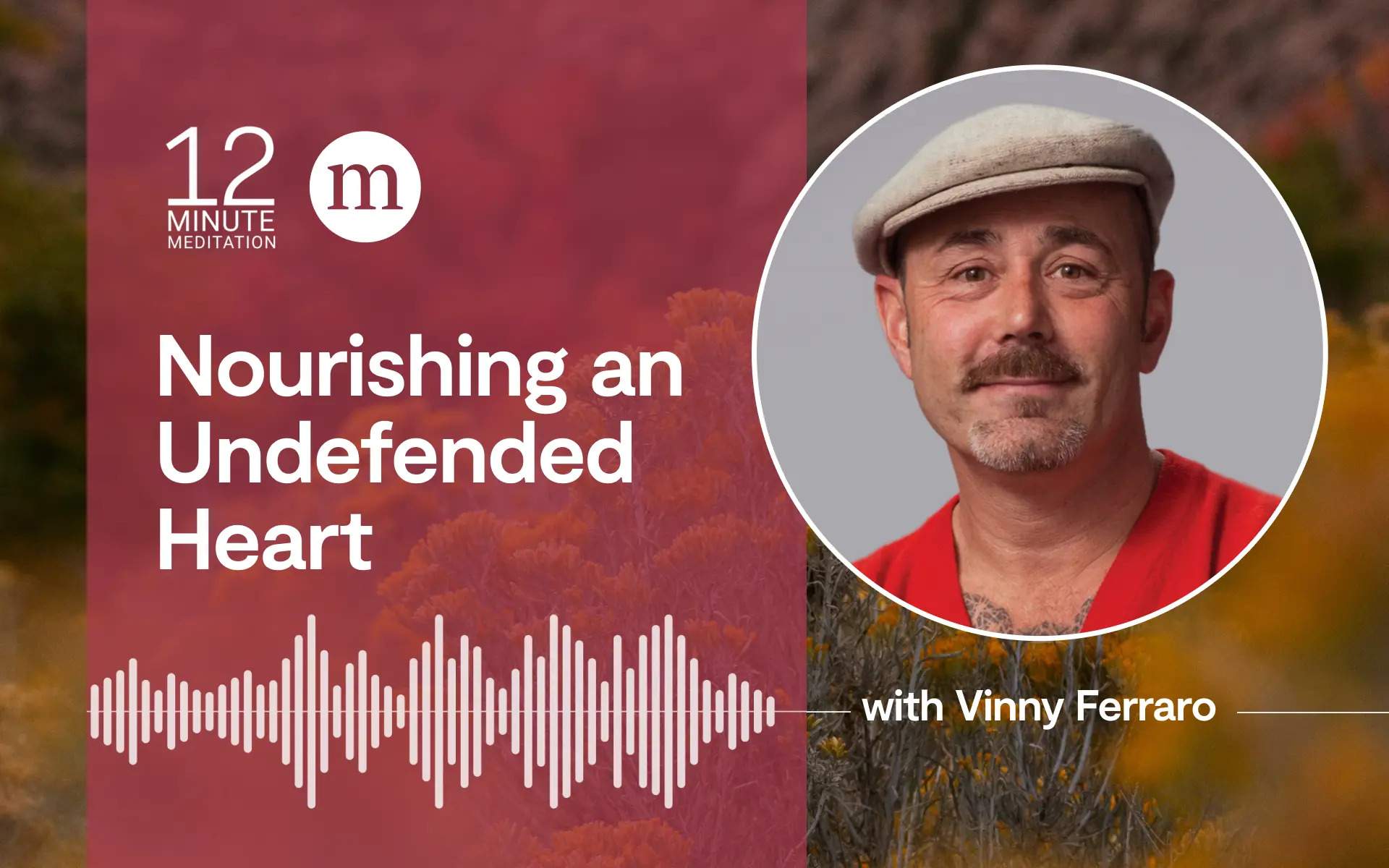I've studied over 200 kids: 5 toxic phrases that 'instantly' make them not want to listen—what to say instead
Child psychologist Reem Raouda has studied more than 200 child-parent relationships. She found the five phrases that get kids to listen without throwing a tantrum. It's language that makes "children actually want to cooperate," she says.

Parents know all too well what it's like to deal with a kid who refuses to listen: It's frustrating.
But after years of studying over 200 parent-child relationships, I've noticed something fascinating: Parents who rarely deal with defiance don't make threats, bribes or harsh consequences. They use language that makes children actually want to cooperate.
Traditional parenting phrases ("Stop that," or "If you don't do this, then...") often trigger a child's fight-or-flight response, activating the part of the brain focused on survival rather than learning. But when we shift to language that honors a child's autonomy while still holding boundaries, cooperation becomes natural.
Based on my research, and from practicing healthy habits with my own child, here are five phrases that instantly make kids not want to listen — and what to say instead.
1. Never say: 'Because I said so.'
What to say instead: "I know you don't like this decision. I'll explain, and then we're moving forward."
Why it works: "Because I said so" shuts down communication and teaches blind obedience. But explaining your reasoning, even just briefly, helps your child feel respected.
You're not debating or negotiating — you're modeling respectful leadership. This phrasing acknowledges their feelings and reinforces that you're in charge in a calm, grounded way.
2. Never say: 'If you don't listen, you'll lose [X privilege].'
What to say instead: "When you're ready to do [X specific behavior], we can do [X desired activity]."
Why it works: Threats create defiance because they force children into defense mode. This phrase shifts the power dynamic: It keeps your boundary firm while giving your child agency over when they're ready to meet it. You're not removing the limit — you're removing the struggle.
3. Never say: 'Stop crying. You're fine.'
What to say instead: "I see you're really upset. Tell me what's happening."
Why it works: Dismissing a child's emotions teaches them that their feelings are wrong or too much to handle. Emotional invalidation leads to disconnection, and disconnected kids don't cooperate.
When a child feels heard, they calm down faster — and trust you more.
4. Never say: 'How many times do I have to tell you?'
Say instead: "I've asked about this a few times. Help me understand what's making this hard for you."
Why it works: This frustrated question assumes the child is being intentionally difficult. But often, what looks like defiance is actually confusion, disconnection or a lagging skill. The reframe invites problem-solving instead of blame — and that gets to the root of the issue.
5. Never say: 'You know better than that.'
Say instead: "Something's getting in the way of your best self right now. Let's talk about it."
Why it works: "You know better" shames the child and questions their integrity.
But the alternative phrase reflects a mindset shift — from punishment to partnership. It assumes the best in your child and encourages self-reflection instead of defensiveness. It sends the message: "I believe in you, and I'm here to help."
The real secret to getting kids to listen
It's not about controlling your child's behavior — it's about creating the conditions where cooperation feels natural.
Children thrive when they feel respected, emotionally safe and involved in the process. These phrase shifts are not just linguistic tweaks — they represent a deeper shift in how we view parenting itself. Instead of treating defiance as something to squash, we begin to see it as a signal: a call for connection, clarity or emotional support.
When we respond with empathy and leadership, rather than control and criticism, we reduce power struggles and raise children who trust us, regulate themselves more easily, and grow into emotionally resilient adults.
Reem Raouda is a leading voice in conscious parenting and the creator of FOUNDATIONS — the transformative healing journal for parents ready to break cycles, do the inner work, and become the emotionally safe parent their child needs. She is widely recognized for her groundbreaking work in children's emotional safety and strengthening the parent-child bond. Follow her on Instagram.
Are you ready to buy a house? Take Smarter by CNBC Make It's new online course How to Buy Your First Home. Expert instructors will help you weigh the cost of renting vs. buying, financially prepare, and confidently navigate every step of the process—from mortgage basics to closing the deal. Sign up today and use coupon code EARLYBIRD for an introductory discount of 30% off $97 (+taxes and fees) through July 15, 2025.


 JimMin
JimMin 































